The Hidden History of Burma: Race, Capitalism, and Democracy in the 21st Century | 如何好吃又健康 - 2024年7月

The Hidden History of Burma: Race, Capitalism, and Democracy in the 21st Century
不被承認的羅興亞人!
不能遏止的民族衝突!
無法帶來和平的停火協議!
不容忽視的地緣政治經濟角逐!
翁山蘇姬上台後,
政治的角力與資源的分配,仍持續讓國家動盪。
吳丹敏延續《緬甸,新亞洲的博弈競技場》
詳實的田野調查功力與深刻的書寫,
為基層人民用力發聲!
讀者可以從這本書了解:
◆緬甸為何從區域最富饒的國家,淪為最封閉國家的背後歷史。
◆羅興亞人與緬人的衝突到底從何而來?
◆進一步探究世界強權如何影響未來緬甸政治與民主的發展!
到底該怎麼做,緬甸才有辦法擁抱更光明的未來?
緬甸問題的根源在於英國人以夷制夷、忽略歷史脈絡的行政區劃,
但是當他們離開時,卻把問題留給了被殖民者自己。
當代緬甸,是英國殖民後留下的遺產。伊洛瓦底江河谷的緬人王國被征服,已經給緬人烙下深刻的恥辱。原本就不屬於緬人王國統轄的山區民族,在英國人的扶持下穩定發展。由印度引進、中國移民組成的勞工,在仰光等充滿工作機會的城鎮,取代了緬人的優勢。最重要的資源,不管是柚木、玉石或稻米,都牢牢掌握在英國人手裡。二戰開打後,殖民地裡的民族矛盾與衝突,就像潘朵拉的盒子一般,席捲了所有人民。
西方國家希望看到緬甸走上民主化的道路,
但是絲毫不與軍政府溝通的結果,導致緬甸百姓完全得不到國際援助。
原先獨立後要組成一個多民族、各邦高度自治的「緬甸聯邦」,在軍政府奪權、共產黨叛變、民族獨立武裝組織開啟戰火後,一切都變了樣。軍政府更變本加厲,將「緬甸」與「緬人」做了最深的連結,象徵著緬甸走上了「一體同化」而非「多元發展」的國家道路。而西方國家對民主聯盟與翁山蘇姬的一味偏袒,更加深了溝通的鴻溝。
二〇〇八年納吉斯風災橫掃下緬甸,軍政府終於罕見開放國門,各國物資進入緬甸援助。民主化迅速前進:二〇一〇年翁山蘇姬解除軟禁,二〇一二擔任議員,二〇一六終於登上國務資政的大位。這位守護緬甸民主的女神,終於讓緬甸可以走向國際社會。
已閉鎖五十年的神秘緬甸,似乎正在邁向繁榮:
交出政權的軍事將領、改革成功的民主人士、豐富的自然資源、大量湧入的外國資本。
事實上,民族矛盾遲遲未解,伴隨著改革開放反而透過資源分配激化了衝突。羅興亞人的種族清洗越演越烈,這時卻已沒有軍政府的束縛,緬人要從「外來者」身上討回失去的自尊。而看似暴力的緬人,本身也受苦,他們的土地被變賣給新興的資本家、被騙去鄰國做低薪奴工、根本無法得到國家的照顧,他們的困境無法解決,只好投射到往日緬王國的榮光,民族主義成為生存下去的動能。
不被看見的,仍是在這片土地上刻苦生活的百姓。
因羅興亞人民族衝突,導致許多補助與建設又切斷,中國與印度在印度洋的角力,都在此時趁虛而入,邊界因而騷動不安,地緣政治演變成不定時炸彈。緬甸何時才有辦法擁抱更光明的未來?吳丹敏要我們聚焦在人民。為他們帶來新生活,就必須要有新思想;要有新思想,就必須徹底檢討緬甸的歷史。這個被隱藏的瘡疤,必須從改善百姓的生活中去撫平。
(中文簡介來自馬可孛羅出版《緬甸的未竟之路:種族、資本主義與二十一世紀的民主新危機》書籍介紹)
A Foreign Affairs Best Book of 2020
How did one of the world’s "buzzy hotspots" (Fodor’s 2013) become one of the top ten places to avoid (Fodor’s 2018)?
Precariously positioned between China and India, Burma’s population has suffered dictatorship, natural disaster, and the dark legacies of colonial rule. But when decades of military dictatorship finally ended and internationally beloved Nobel laureate Aung San Suu Kyi emerged from long years of house arrest, hopes soared. World leaders such as Barack Obama ushered in waves of international support. Progress seemed inevitable.
As historian, former diplomat, and presidential advisor, Thant Myint-U saw the cracks forming. In this insider’s diagnosis of a country at a breaking point, he dissects how a singularly predatory economic system, fast-rising inequality, disintegrating state institutions, the impact of new social media, the rise of China next door, climate change, and deep-seated feelings around race, religion, and national identity all came together to challenge the incipient democracy.
Interracial violence soared and a horrific exodus of hundreds of thousands of Rohingya refugees fixed international attention. Myint-U explains how and why this happened, and details an unsettling prognosis for the future.
Burma is today a fragile stage for nearly all the world’s problems. Are democracy and an economy that genuinely serves all its people possible in Burma? In clear and urgent prose, Myint-U explores this question―a concern not just for the Burmese but for the rest of the world―warning of the possible collapse of this nation of 55 million while suggesting a fresh agenda for change.
 因為山在那里
因為山在那里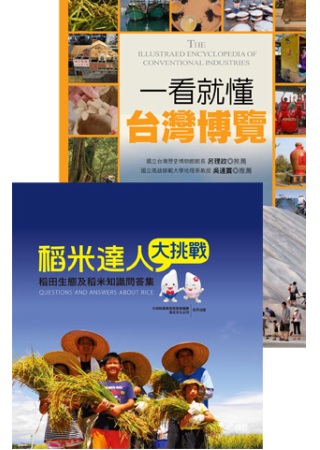 傳統產業大觀(2冊套書):一看就懂...
傳統產業大觀(2冊套書):一看就懂...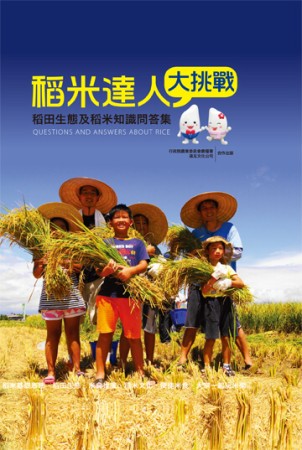 稻米達人大挑戰:稻田生態及稻米知識問答集
稻米達人大挑戰:稻田生態及稻米知識問答集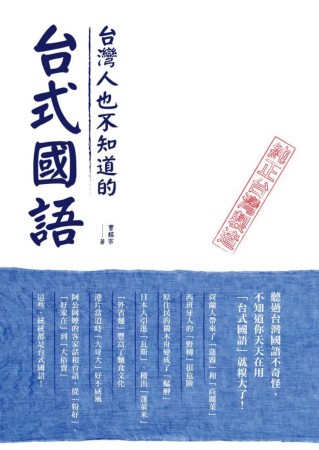 台灣人也不知道的台式國語
台灣人也不知道的台式國語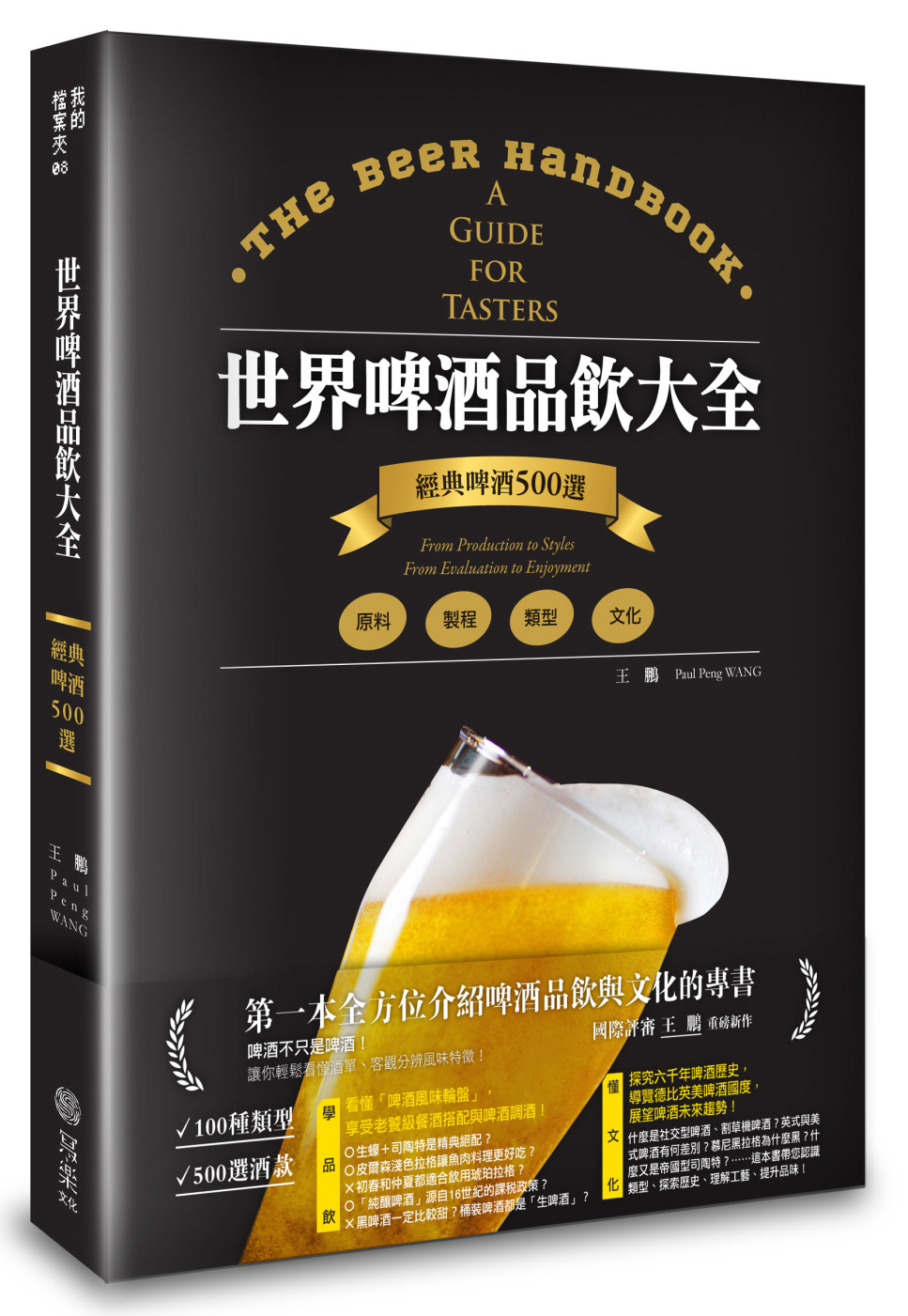 世界啤酒品飲大全:原料‧製程‧文化...
世界啤酒品飲大全:原料‧製程‧文化... 稻米全書
稻米全書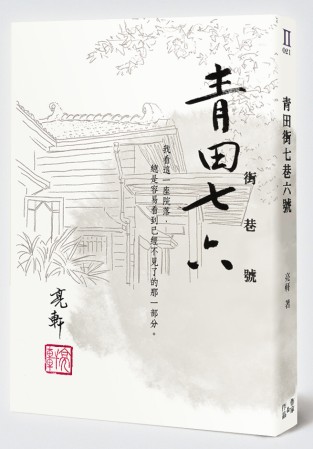 青田街七巷六號
青田街七巷六號 臺灣農家經濟史之重新詮釋
臺灣農家經濟史之重新詮釋